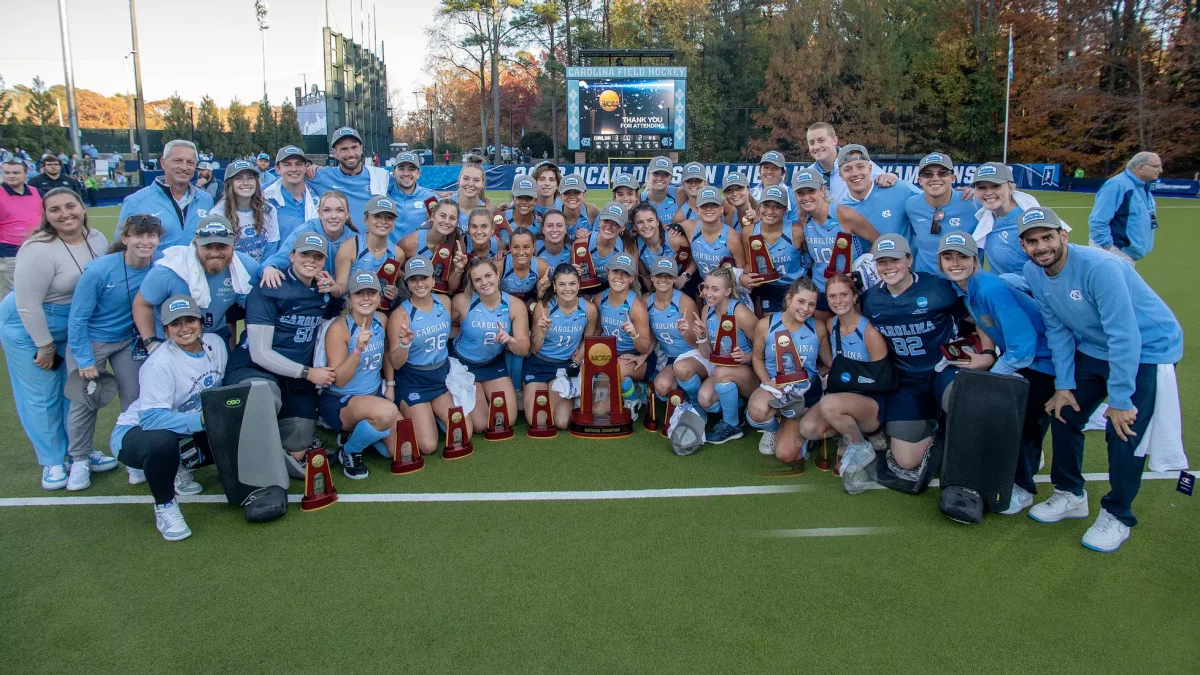Hussman researcher promotes truth in the news
Heesoo Jang, who helped create a fact-checking service in South Korea, now focuses on U.S. media.

In South Korea, there is only one fact-checking platform. Carolina doctoral student Heesoo Jang helped establish it as a master’s student at Seoul National University.
The SNU FactCheck Center is a not-for-profit collaboration between the SNU Institute of Communication Research and 31 major Korean media outlets. The only platform of its kind in South Korea, it cross-verifies information and provides media outlets with one of five ratings: not true, mostly not true, half true, mostly true and true. The goal is to build trust between the media and citizens.
That goal also inspires Jang’s current research at UNC-Chapel Hill. She is a media and communication doctoral candidate in the UNC Hussman School of Journalism and Media and a Royster Fellow.
“I look into the process of journalism,” she says. “I want to encourage journalists to be transparent about the process of fact-checking and how they ended up with their conclusions.”
Fiction to fact-checking
When she was 12, Jang wanted to be a science-fiction writer. She created fictional stories about androids and other futuristic technologies but also did extensive research to make the stories believable.
Her passion for storytelling led Jang to Korea University, where she majored in journalism. She also interned with Seoul-based newspaper JoongAng. Working with veteran journalists, she did research to aid the fact verification that went into each story.
“But I was also alarmed to observe how these well-researched articles became sidelined in the larger media landscape,” she says. “They got lost in the deluge of provocative headlines and sensational images that have become increasingly pervasive in today’s digital media environment.”
That insight inspired her to join the research project that led to the creation of the SNU FactCheck Center in 2017.
Near the end of her master’s program, Jang decided she wanted to learn more about traditional journalism and to be closer to the U.S. headquarters of most artificial intelligence platform companies. “I knew pursuing a Ph.D. in the U.S. would allow me to be at the center of global academic conversations, where the latest research and conferences primarily occur,” she says.
Jang felt the doctoral program at Hussman might offer the same collaborative environment she found at SNU FactCheck. And she was right. “The biggest reason I chose UNC was people supported each other here and that was very important to me,” she says.
Trust, truth and technology
Jang defines her three threads of research as democracy, media ethics and platform governance. “I think the one theme that goes through all of these subjects is making sure that people are living in a society where there is a healthy information system that gives them reliable information,” she says.
Jang assesses how algorithms and moderation policies enhance and undermine information quality, examines how digital platforms can support reliable information and combat misinformation, and considers the ethical implications of technologies like AI.
Jang and her team conducted a content analysis of coverage of U.S. 2020 election deniers who ran for office in the 2022 mid-term elections. They found that journalists failed to clearly refute and condemn illegitimate claims by politicians. She also investigated what drives Americans’ opinions on who should be responsible for social media content — the government, the platforms or individual users.
After graduating in July, Jang will become an assistant professor of media law and ethics at the University of Massachusetts Amherst. “My research will always aim toward understanding how we can make sure that journalism works in a way that really serves the citizens and gives them information to participate in discussions that make their voices heard,” she says.







